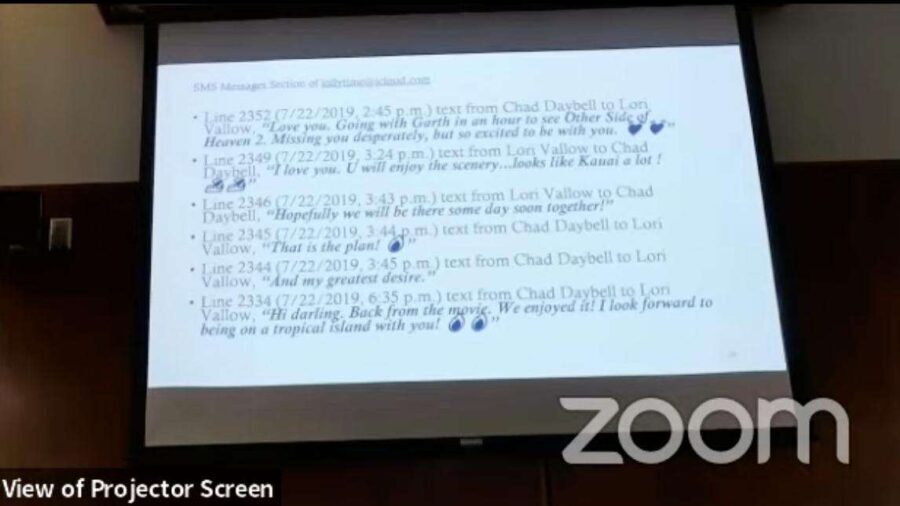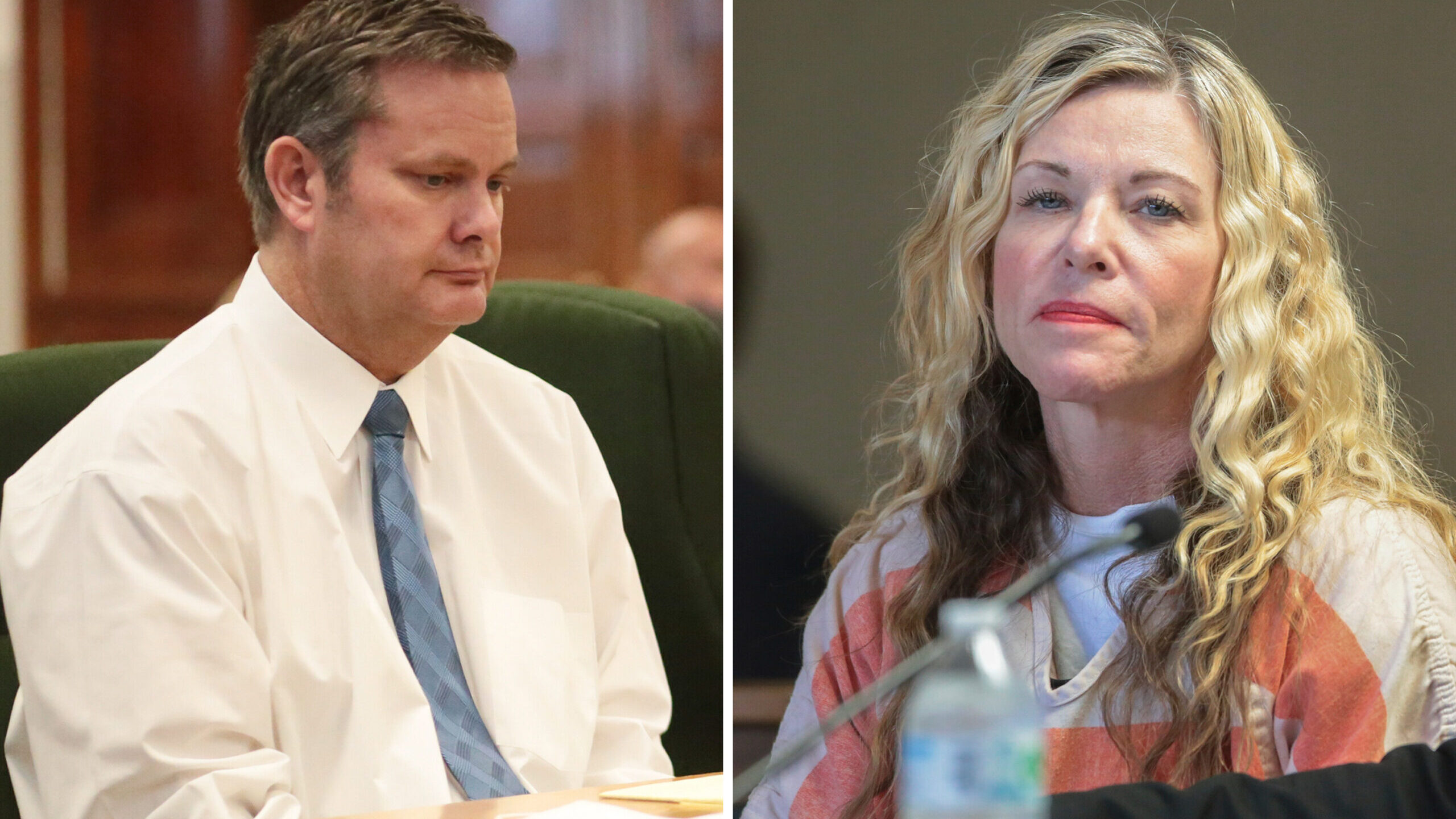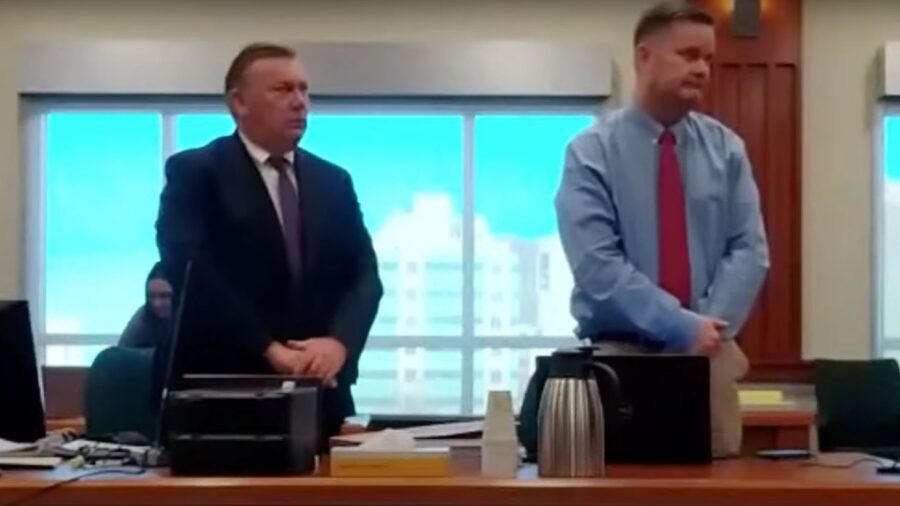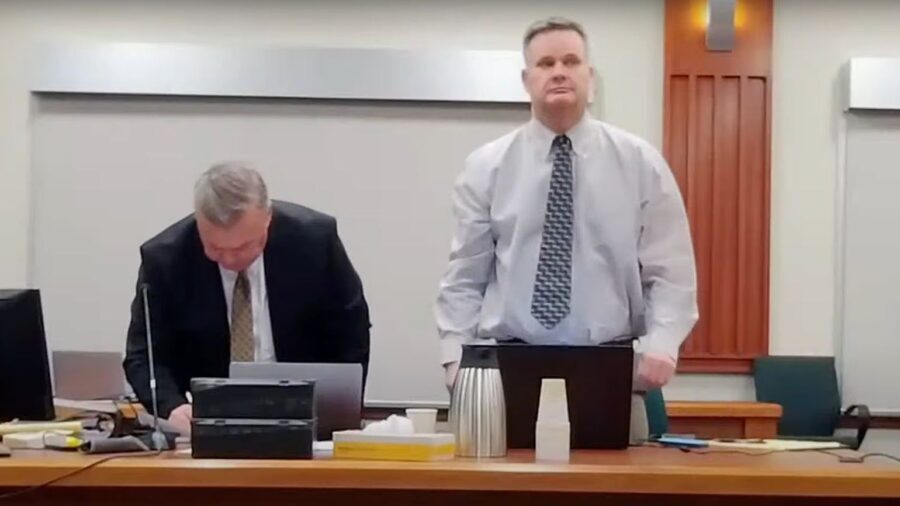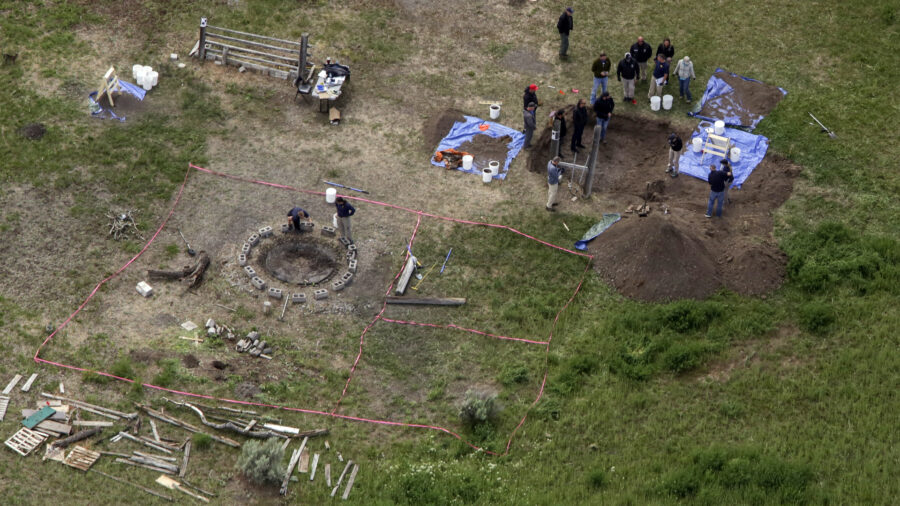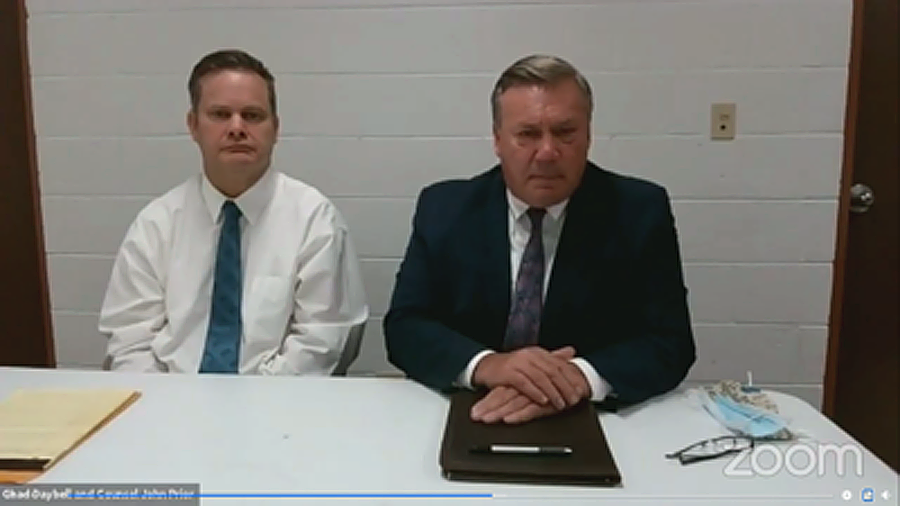Why you can’t watch live during Lori Vallow Daybell’s trial in Idaho
Apr 4, 2023, 7:37 AM | Updated: Oct 19, 2023, 12:23 pm
SALT LAKE CITY — For more than two years, the courtroom’s been wide open. Most anyone could take a virtual seat and watch the latest developments as the Idaho case against Lori Vallow Daybell and Chad Daybell got closer to trial.
News outlets like KSL TV, along with the Idaho courts, ran live broadcasts of the hearings marked by immense public interest and bizarre, tragic allegations involving the deaths of two children and their mother’s doomsday beliefs.
But not anymore. The only way to get a glimpse of the big moments or the subtle reactions during Lori Vallow Daybell’s trial beginning Monday is to snag a seat inside Boise’s Ada County Courthouse.
In September, 7th District Judge Steven Boyce banned news cameras in the case going forward, siding with Vallow Daybell’s defense attorneys, who argued the video could prevent a fair trial.
So, what does that ruling mean for transparency and for Lori Vallow Daybell’s defense?
“The access to the courtroom and to public trials is one really important American virtue,” said University of Utah law professor Teneille Brown. “But then, making sure defendants get fair trials is probably an even more important one.”
News cameras can pull attorneys’ focus away from lawyering, make witnesses nervous enough to appear not credible, and entice jurors to scan social media and news coverage even after judges instruct them not to, Brown said.
All of that can make a case vulnerable to appeal. But is that possibility a good enough reason to limit public access?
A coalition of news organizations, including KSL.com, pushed back against efforts to ban cameras in the case, arguing in a motion that the public has a right to observe the proceedings.
“People in an open society do not demand infallibility from their institutions, but it is difficult for them to accept what they are prohibited from observing,” the motion states.
Brown said the debate illustrates a “flashpoint moment” for today’s legal system.


